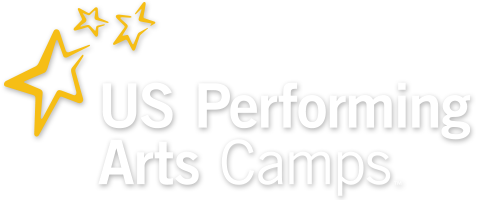Composer John Eaton once said, “Of course, in opera, you involve the audience so much with action and with what’s happening on stage, that the music is the center of the action.” I have recently come to believe this to be quite true. The world of Opera was once unknown to my musical enthusiastic self. But, alas I accepted the challenge and lived to tell the tale.
To put it bluntly, I love Musical Theater. Any type will do. From the older classics such as Guys and Dolls, to the newer sensation Avenue Q, they never fail to thrill my soul. As a child, I remember the excitement I felt when watching the Broadway performance of Cats. The way they moved, danced, and created music with their characters amazed me. I wanted to do that. I wanted to create that sort of beauty. And I did just that; not necessarily on Broadway, but in my own home town. I enjoyed bringing to life such colorful characters as Ado Annie and Lina Lamont and such memorable characters as Marion Paroo and the (Joseph’s amazing…) Narrator over the years. You could say that musical theater is definitely in my blood. But what about the other side of music?
This past January I began rehearsing for the Opera entitled Gondoliers. To be quite honest, I was incredibly nervous. I had never been classically trained, nor did I even feel my “character” voice would match up with the Operetta style. Nevertheless, I began to memorize the music about 3 weeks before our first rehearsal in January. When the first read through took place, I was pleasantly surprised by the show’s material. It had smart humor, romance, and lovable characters. The only thing that I was worried about was learning the correct style of singing for this performance. I admit I am no where close to mastering this skill now that we have finished, but I do know that my eyes have been opened to new sounds that I thought my vocal cords could never produce. I was very use to my belting style and horizontally shaped vowels. What I had to learn was to find my placement in my larynx and shape my vowels in a vertical shape. Wow, what a difference that made to my vocal sound. It had a more mature and even stronger tone. This style even improved my musical theater belt. My range has significantly improved as well as my support.
After many vocal rehearsals, i felt prepared to approach the stage. My character’s name was Tessa. She was a fun, ditsy girl whose puppy-love was a bit obnoxious at times. Tessa was not too difficult to portray during speech, but in song it took a few tries to really get her character to come through the classical style of singing. This was something that was quite different than musical theater. I was very use to forming my singing style to the character not really minding how funny it sounded as long as it was purely the character being portrayed. But, to make the character fit into my style of singing was a bit more difficult, but achievable.
As we closed Gondoliers, I felt a new level of appreciation for music had opened for me. Musical Theater involves music, but it is not the main theme. Opera revolves around the music. You must be able to convey a full story solely by your music. Ed Gardner said “Opera is when a guy gets stabbed in the back and, instead of bleeding, he sings.” I would encourage anyone with the same musical love as I, to involve yourself with an opera of some sort. There is so much that can be learned from it that will improve any musical love you have and even help to round out a character’s role. I feel that Kristin Chenoweth, one whom I feel has really grasped the concept of both musical and classical styles, would be the perfect way to conclude. “I’m constantly learning, and that is the greatest gift of life in my opinion – to always be learning and growing.”
Jen Ehrlich
